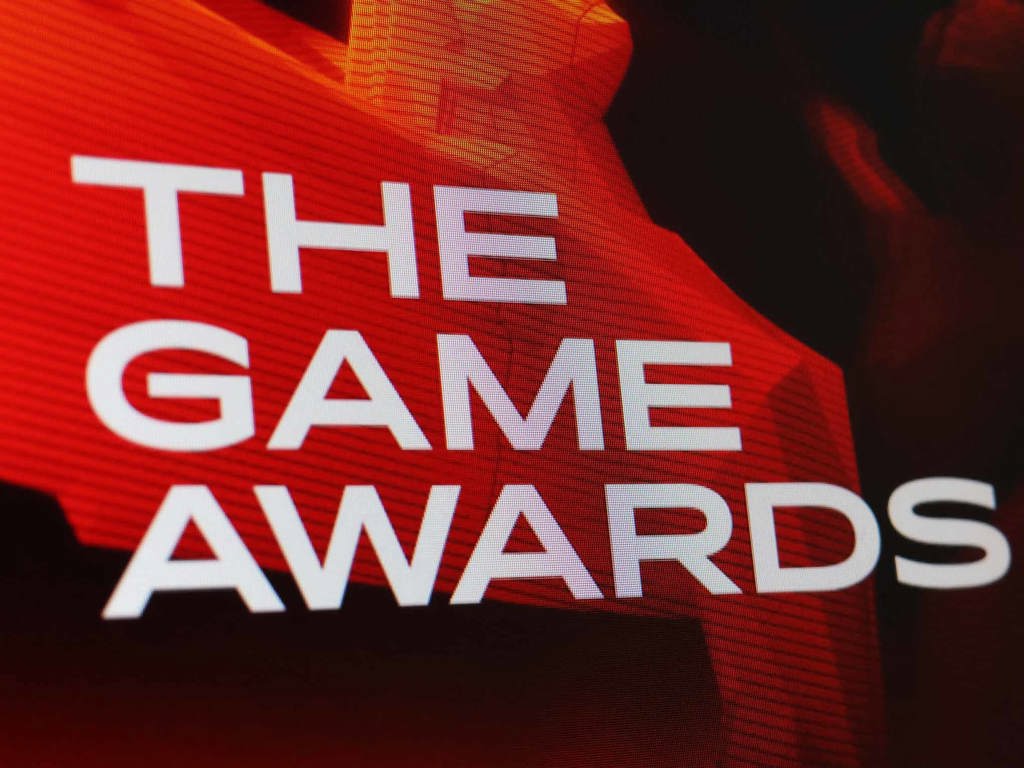The Game Awards’ nomination of Dave the Diver for Best Independent Game is blind to what it means for a game to be “indie,” and steals a spot from a game that deserves representation in the category.
The Game Awards (TGA), intended to be an annual celebration of video games hosted by Geoff Keighley, often spotlights the best games and developers that the industry has to offer. Since its establishment in 2014, TGA has seen a growing list of award categories, with the most discussed category easily being Game of the Year.
However, while the award for Game of the Year easily garners the most interest, other categories are equally important to represent. These awards cover a variety of game genres, such as the awards for the Best RPG, Best Action/Adventure and Best Fighting games. Other categories focus on specific aspects of game development, such as Best Game Direction, Best Art Direction and Best Score and Music.
One category which shouldn’t be overlooked is Best Independent Game. This category, which is reserved for indie games, shines a much-needed spotlight on independent developers that often don’t have access to the same resources and funding as major developers. Because of their lack of resources and widespread popularity, indie companies are often far less likely to be nominated for popular categories such as Game of the Year, so it’s important to give them representation in a category of their own.
But if Best Independent Game is meant to celebrate games from independent developers, why is Dave the Diver nominated for the award?
Any amount of research quickly reveals that Dave the Diver’s developers are not independent, which should immediately disqualify them from this award. The game is developed by Mintrocket, a division of South Korean game development giant Nexon. It is estimated that Nexon has a market cap of $18.3 billion, and they have been publishing video games since 1996. Their headquarters are located in Japan, but they also have offices in South Korea, the U.S., Taiwan and Thailand.
Plain and simply put, Dave the Diver is not an indie game, and its nomination for Best Independent Game robs a legitimately independent game of a potential nomination.
Compare Dave the Diver’s development team with other games nominated for Best Independent Game, and the discrepancy quickly becomes clear. Other companies with nominations in this category include Geometric Interactive, a small studio located in Denmark; Black Salt Games, a small studio from New Zealand; Sabotage Studio, a development team made up of merely 23 members; and Sad Owl Studios, a small Scottish studio.
And then we’ve got Mintrocket (aka Nexon), who has billions of dollars to back them up.
This isn’t to say that Dave the Diver isn’t excellent, or that it’s undeserving of nominations at the award show. The game has been reviewed very strongly, achieving the designation of Universal Acclaim on Metacritic. Given the game’s consistently glowing reviews, it’s no surprise to see it nominated at The Game Awards.
But this particular nomination isn’t right given the category. There’s likely a legitimate indie studio out there that could have gotten this much-needed recognition, but they’ve been robbed of that chance.
It’s not entirely clear how Dave the Diver managed to become nominated for Best Independent Game, but I theorise that it has something to do with the game’s pixelated, sprite-based art style. This style is often associated with indie games, but Dave the Diver makes it clear that they are not synonymous. Plenty of indie games use a pixelated style, but not every game with a pixelated style is an indie game.
Regardless of the reason for Dave the Diver’s nomination, gamers should recognise that its nomination is wrong both factually and morally. While it might be too late for The Game Awards to make any changes to their nomination lineup for this year’s show, its organizers should be careful in the future to make sure that nothing like this ever happens again.
Independent games and developers deserve recognition, and it’s not fair to let giant companies steal those opportunities from them.

